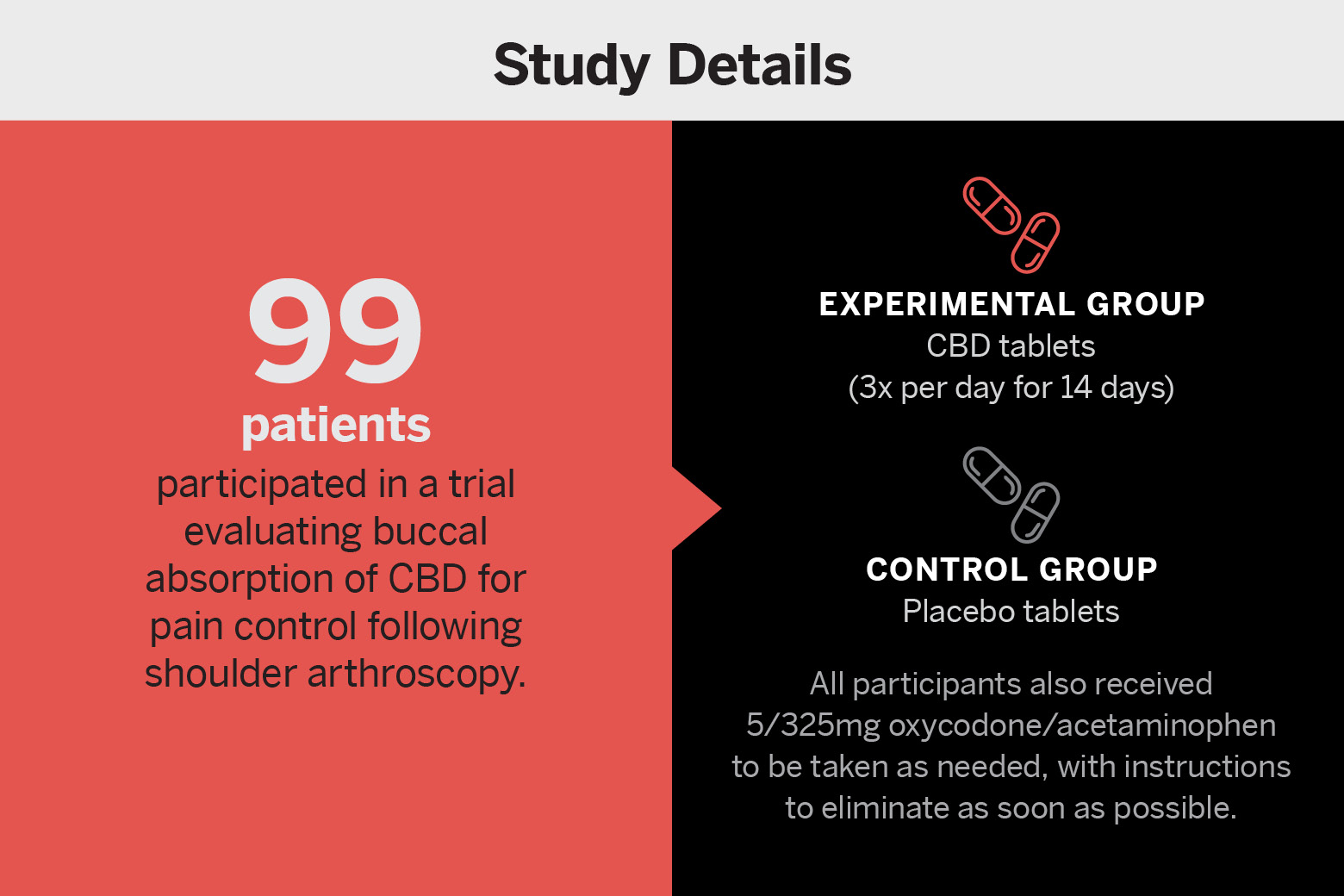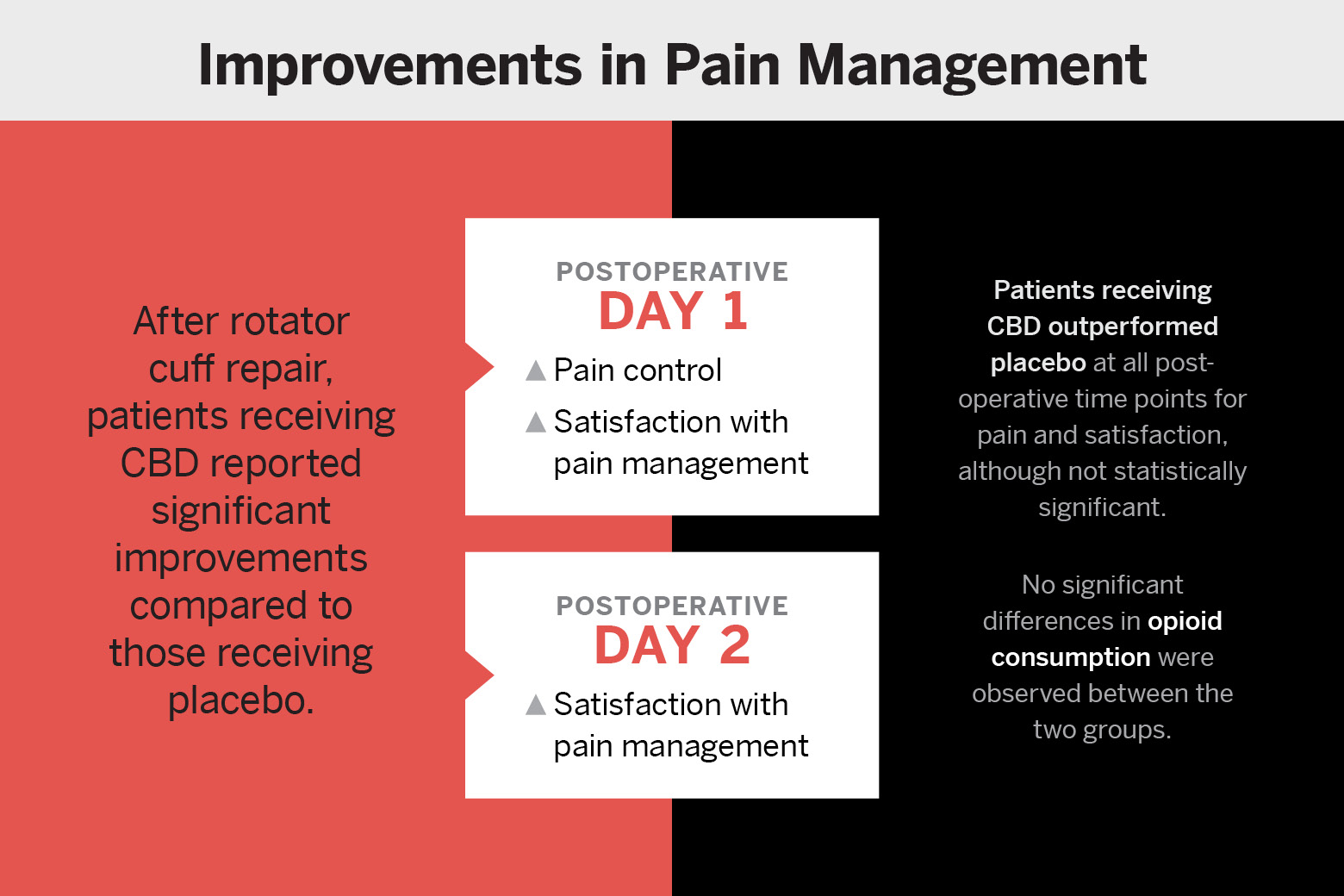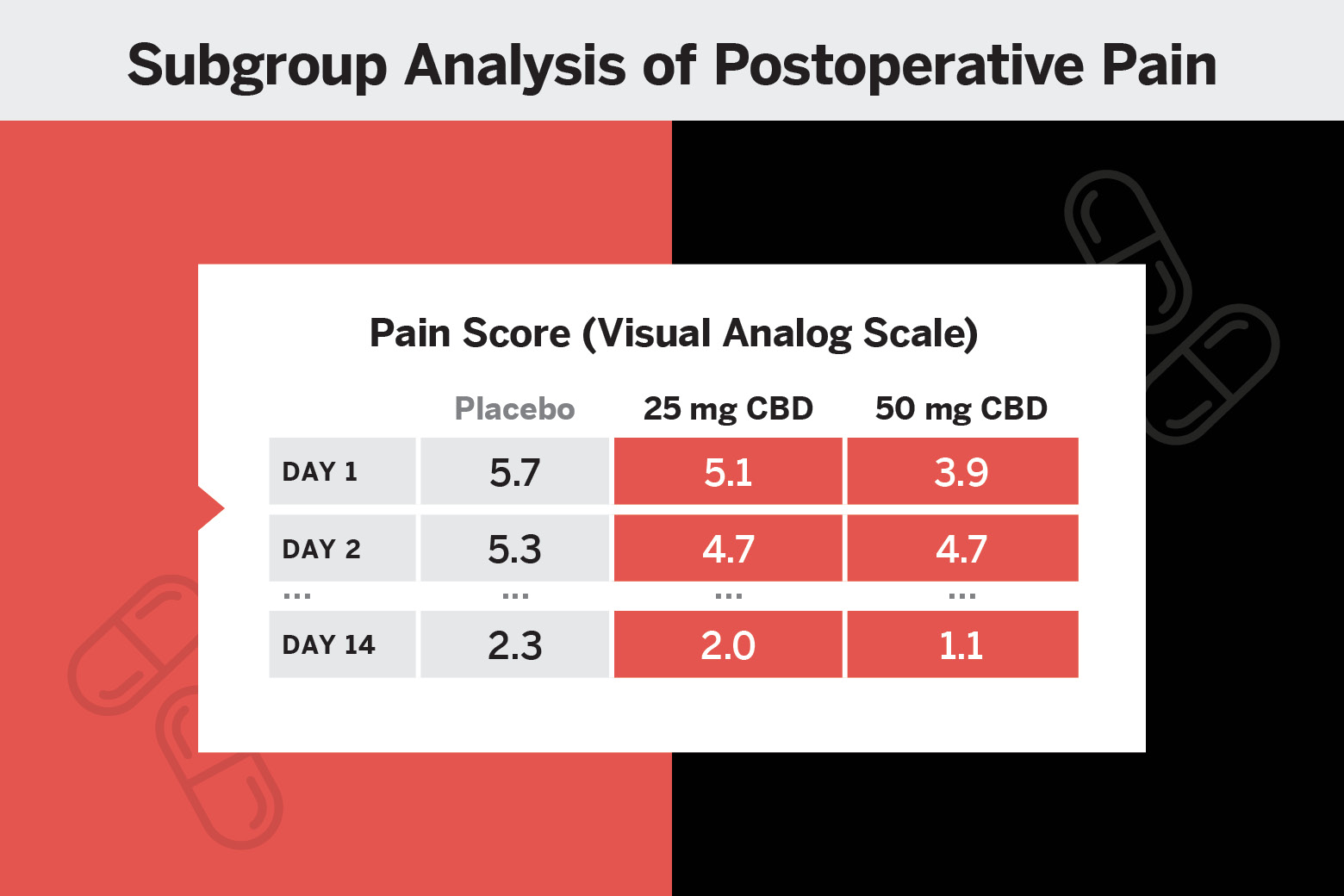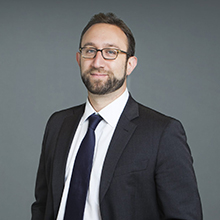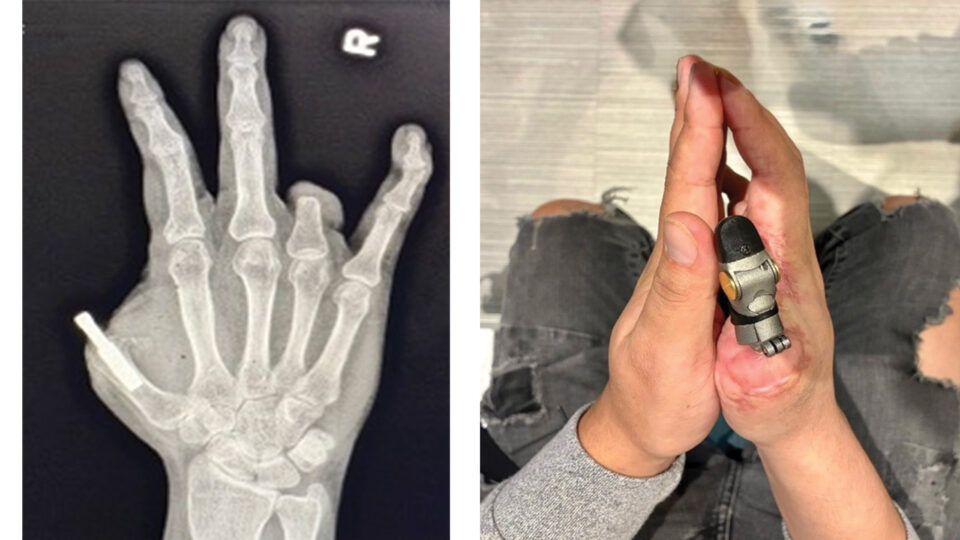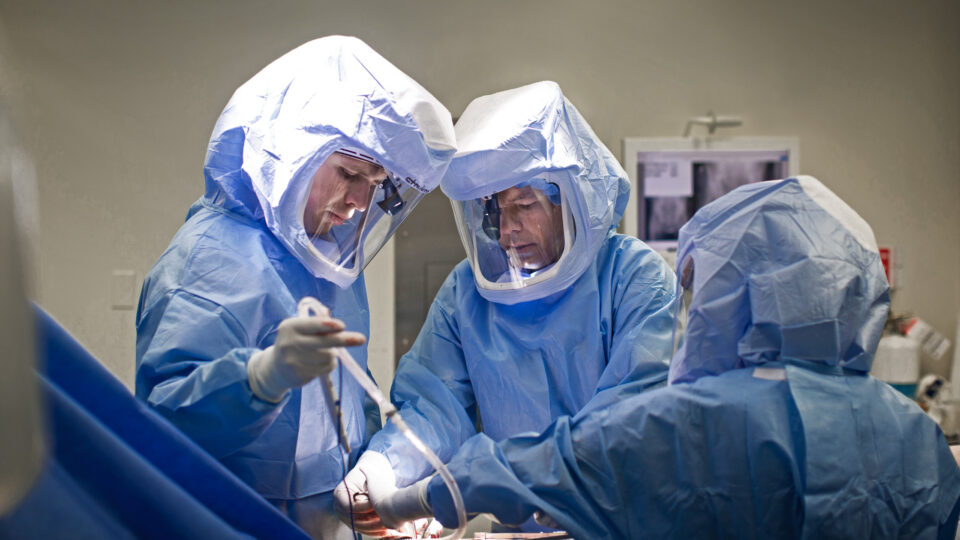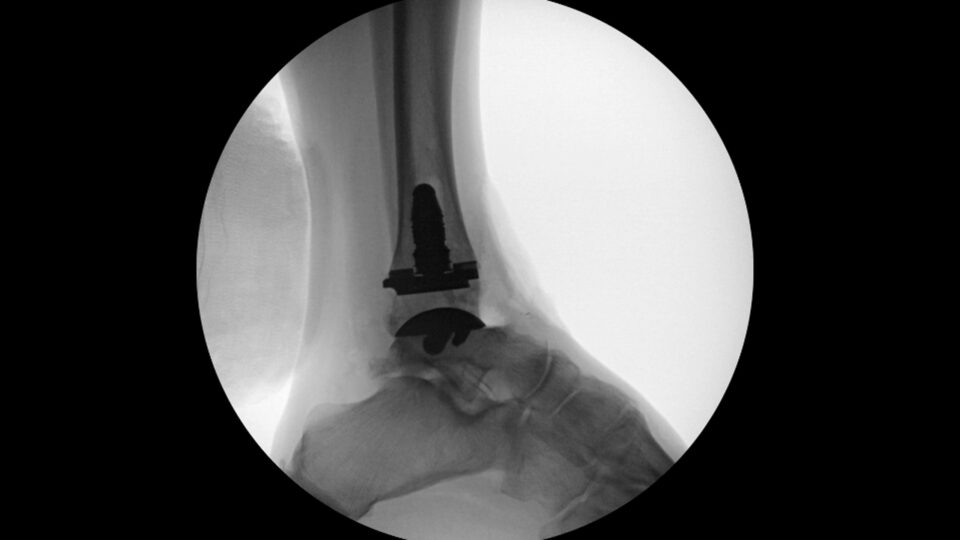Buccally absorbed cannabidiol (CBD) improves pain control and patient satisfaction following arthroscopic rotator cuff repair, according to a study presented at the 2022 American Academy of Orthopaedic Surgeons Annual Meeting and published in The American Journal of Sports Medicine. Led by investigators at NYU Langone Health, the research also suggests higher CBD doses may correspond with improved outcomes.
Michael J. Alaia, MD, an associate professor of orthopedic surgery, co-director of the Sports Medicine Fellowship Program, and first author on the study, explains that while there is growing interest in CBD for managing pain without opioids, data on safety and effectiveness are scarce. Co-authors on the study include Guillem Gonzalez-Lomas, MD, an assistant professor of orthopedic surgery, Laith M. Jazrawi, MD, chief of the Division of Sports Medicine, and Andrew S. Rokito, MD, chief of the Division of Shoulder and Elbow Surgery.
“Oral disintegrating CBD tablets are safe and effective in reducing pain in the immediate postoperative period following shoulder arthroscopy.”
Michael J. Alaia, MD
“CBD formulations are readily available but are relatively unregulated and unmonitored through the FDA,” Dr. Alaia says. “Our study is one of the first to formally evaluate the use of CBD in orthopedic surgery and shows that oral disintegrating CBD tablets are safe and effective in reducing pain in the immediate postoperative period following shoulder arthroscopy.”
Participants either received oral tablets containing 25 or 50 mg of CBD (based on body weight) to be taken three times a day for 14 days, or placebos identical in taste and appearance. NYU Langone received an investigational new drug application (IND) from the FDA to use ORAVEXXTM in the study. All participants also received oxycodone/acetaminophen to take one to two tablets every four to six hours, as needed.
Pain, as assessed by the visual analog scale, was significantly lower in those receiving CBD compared to placebo on postoperative day one. Moreover, patient satisfaction with pain control was significantly higher in those receiving CBD on both postoperative day one and two.
“While results at later time points did not always reach statistical significance, overall, patients receiving CBD consistently reported lower levels of postoperative pain and higher satisfaction compared to patients in the placebo group,” explains Dr. Alaia.
When broken down by subgroup, patients receiving 50 mg of CBD reported even lower pain scores and higher satisfaction compared to those receiving 25 mg.
“It is interesting that the greatest effects of the medication were observed when patients were in more significant pain. This gives us hope that a well-developed CBD formulation can have similar promise and effectiveness in other pathologies in which pain can be quite significant,” Dr. Alaia says.
Dr. Alaia receives research support from Orcosa, Inc. He receives consulting fees for Depuy Mitek, JRF Ortho, and Arthrex.


